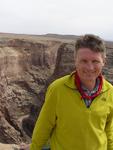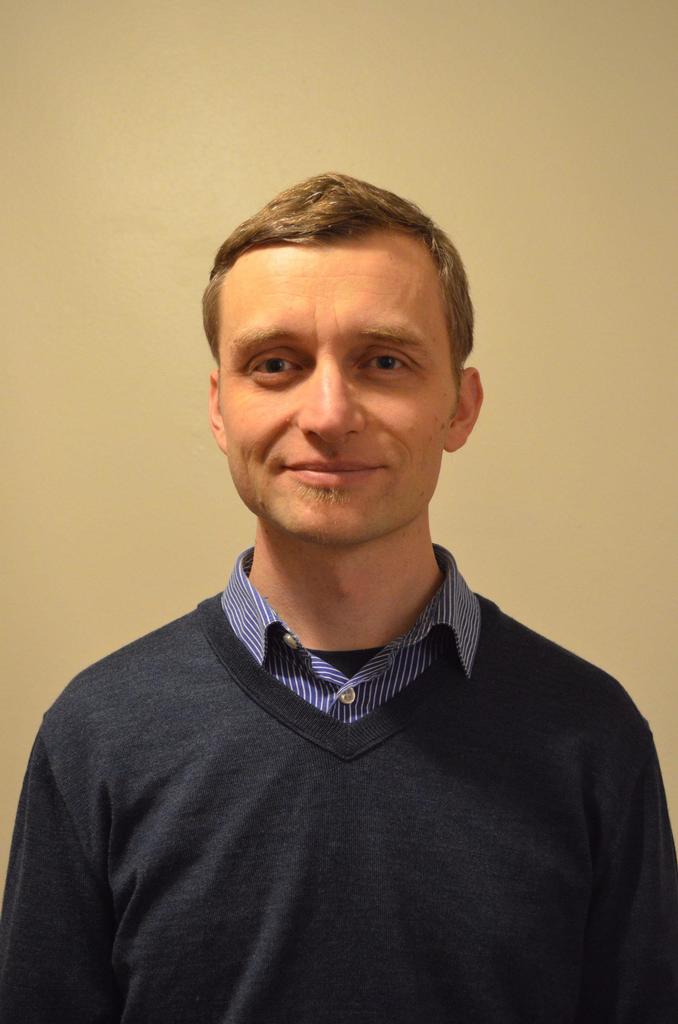Uniting action research and citizen science: Examining the opportunities for mutual benefit between two movements through a woodsmoke photovoice study
Blog post by Robin A Evans-Agnew and Chris Eberhardt
In this project we found that urban youth were able to cut through the arguments about woodsmoke pollution and “grapple” with scientific knowledge and their opinions for policy action. In a region besieged by winter pollution from household woodstoves, pacific-northwest scientists have had little success in changing public and industry policies. In this project we combined the expertise of a local “citizen science” laboratory with a photovoice action research project, training youth in the indoor collection of levoglucosan, a marker of woodsmoke. Citizen science is a relatively new movement, and compared with action research, has similar public engagement and policy change goals.
We explore the challenges and opportunities we faced combining citizen science approaches with the reflexive, and power-balancing consciousness of action research. In our region, the public and the wood-product industry have fiercely resisted any limitations on their ability to burn wood creating a unique environmental justice issue. Woodsmoke is a serious health hazard to youth, including asthma and respiratory infections. Despite only one home having a woodstove, the youth (and the community) were surprised that woodsmoke was found in every sample. We demonstrated that urban youth are capable of complicated sampling protocols despite the ever-present and contextual challenges of poverty and racial discrimination. From an ecofeminist perspective, we succeeded in balancing youth’s local knowledge and experiences of oppression with empirical data on the physical environment. Further, the combination of citizen science and action research provides exciting possibilities for fighting air pollution, especially in the contested areas of wood burning and climate change.
 We invite you to learn more about this experience by reading our article HERE. Free 30-day access is available for this article beginning 22 January.
We invite you to learn more about this experience by reading our article HERE. Free 30-day access is available for this article beginning 22 January.
 After you’ve had a chance to read this piece, please share your thoughts, ideas, or experiences with our community in the comments below so we can continue this discussion!
After you’ve had a chance to read this piece, please share your thoughts, ideas, or experiences with our community in the comments below so we can continue this discussion!
- Making Public Deliberations Inclusive with Mixed Methods AR - October 26, 2020
- Participatory action research with Aboriginal Elders: Ngulluk Koolunga Ngulluk Koort project - October 12, 2020
- Bringing the relational self to ART: Interview with Dr. Yvonne Skipper - October 1, 2020
